Continuing the 7th Session, on the morning of May 30, under the chairmanship of National Assembly Chairman Tran Thanh Man, the National Assembly discussed in the hall the proposed National Assembly Supervision Program for 2025; the proposed Law and Ordinance Development Program for 2025, and adjustments to the Law and Ordinance Development Program for 2024.

Participating in giving comments, National Assembly Deputy Le Thanh Hoan, full-time member of the National Assembly's Law Committee (Thanh Hoa National Assembly Delegation) highly appreciated the results of the implementation of the National Assembly's Supervision Program in 2023 and the first months of 2024; at the same time, he agreed with the National Assembly Standing Committee on the National Assembly's planned supervision program in 2025. Regarding thematic supervision, the National Assembly Standing Committee has fully synthesized the recommendations and proposals for supervision of agencies and organizations with many contents in various fields and proposed 2 topics for National Assembly deputies to consider and choose. These are topics that have been selected appropriately and have current significance.
In order for the National Assembly to consider and decide on a topic of supreme supervision, delegate Le Thanh Hoan had some specific opinions: In 2020, the National Assembly issued the Law on Environmental Protection, effective from January 1, 2022, with the content on preliminary environmental impact assessment taking effect earlier, from February 1, 2021. There are contents that are still being implemented for official application no later than December 31, 2024, such as the classification and transfer of domestic solid waste, prices for collection, transportation and treatment of domestic solid waste from households and individuals. Many other contents are implemented according to the roadmap, such as the responsibility to recycle products produced and imported by organizations and individuals; the roadmap for converting and eliminating means of transport using fossil fuels and means of transport that pollute the environment.
Therefore, the National Assembly organized a thematic supervision on the implementation of environmental protection laws at this time, demonstrating its support for the Government in organizing law enforcement, in order to enhance the responsibility of local authorities at all levels and of each citizen in environmental protection and implementing the Party's consistent policy, which is "Taking the protection of the living environment and people's health as the top priority; resolutely eliminating projects that cause environmental pollution, ensuring the quality of the living environment, protecting biodiversity and ecosystems; building a green economy, a circular economy, and being environmentally friendly"; as well as initially demonstrating strong determination to the international community when we have committed to achieving net zero emissions by 2050.
Through the monitoring recommendations, the content group in the field of natural resources and environment has many recommendations related to the implementation of legal policies on environmental protection and waste management and treatment. These are also issues of public concern, through the reflection of voters, it shows that any locality with a centralized waste treatment area has a certain impact on the thoughts and aspirations of the people.
According to statistics from the Ministry of Natural Resources and Environment, currently, the country has nearly 1,700 waste treatment facilities, including 470 incinerators with more than 1,200 landfills for waste treatment, of which the amount of domestic solid waste generated nationwide is about 67,000 tons/day; about 64% of the waste is treated by landfill and about 20% of the total waste is treated by incineration (of which, energy recovery reaches 9.3%). Currently, the country has only 3 waste-to-energy plants in operation with a capacity of about 4,600 tons of waste/day.
This shows that the practice of treating waste by direct burial is still widespread, while scientists warn that the collection of waste to centralized landfills is only to “hide” from the eyes of the people, when people have the mentality of pushing the waste away from them, but in reality it is moving individual pollution to a place with greater pollution. This solution has the potential to harm the environment, especially water resources, directly affecting the people where the waste is buried.
To limit the landfilling of waste, the organization and implementation of the classification of domestic solid waste is a very important content in the coming time. This is also an important input source for waste incineration power plants, as well as promoting waste recycling and limiting direct landfilling of waste.
The issue of classifying and transferring domestic solid waste is a very important issue, having a great impact on people's awareness and the community's sense of solidarity for a green and clean environment. By the beginning of 2025, people will officially classify domestic solid waste, which requires a synchronous process and scientific solutions for each stage. Research shows that this will be a big challenge in practice, from the issue of waste costs to the shortcomings in apartment buildings with old standards in collecting domestic waste. In reality, dumping domestic waste in the right place and at the right time has not been strictly implemented, and administrative sanctions have not been regularly and seriously implemented. Indiscriminate dumping of domestic waste on the sidewalk not only causes environmental pollution but also creates a burden for organizations that collect waste.
Along with that is the issue of waste recycling. According to the provisions of the Law on Environmental Protection, organizations and individuals producing and importing certain goods and products must be responsible for recycling the products or contributing financially to the Environmental Protection Fund to support recycling activities. This shows that, along with the issue of waste treatment and disposal, the Law has focused on waste recycling. In the world, recycling has become a market in some countries, including scrap collectors and other informal recycling markets. Many people believe that the existence of such informal markets can increase the recycling rate. However, there are also views related to waste collectors such as "they will eventually sort the waste for the people" and this has a negative impact on waste sorting behavior. Scrap collectors are also said to have created chaos in the established waste treatment stages. Thus, on the one hand, the existence of an informal market can increase recycling rates, especially in places where recycling policies are not yet strictly implemented; on the other hand, it has negative effects related to those responsible for waste sorting.
Therefore, in this thematic supervision, delegate Le Thanh Hoan was interested and suggested clarifying the content of waste treatment, specifically: On the challenges and difficulties in implementing the classification of domestic solid waste and solutions to overcome them. The actual implementation of incentives and specific mechanisms, as well as difficulties and obstacles in investing and building waste-to-energy plants in the past. It is necessary to comprehensively assess the waste recycling market, both formal and informal; the direct participation in recycling of organizations and individuals producing and importing goods and products that must be recycled or mainly financial contributions to the Environmental Protection Fund, as well as practical support from the Environmental Protection Fund for waste recycling activities.
Quoc Huong
Source


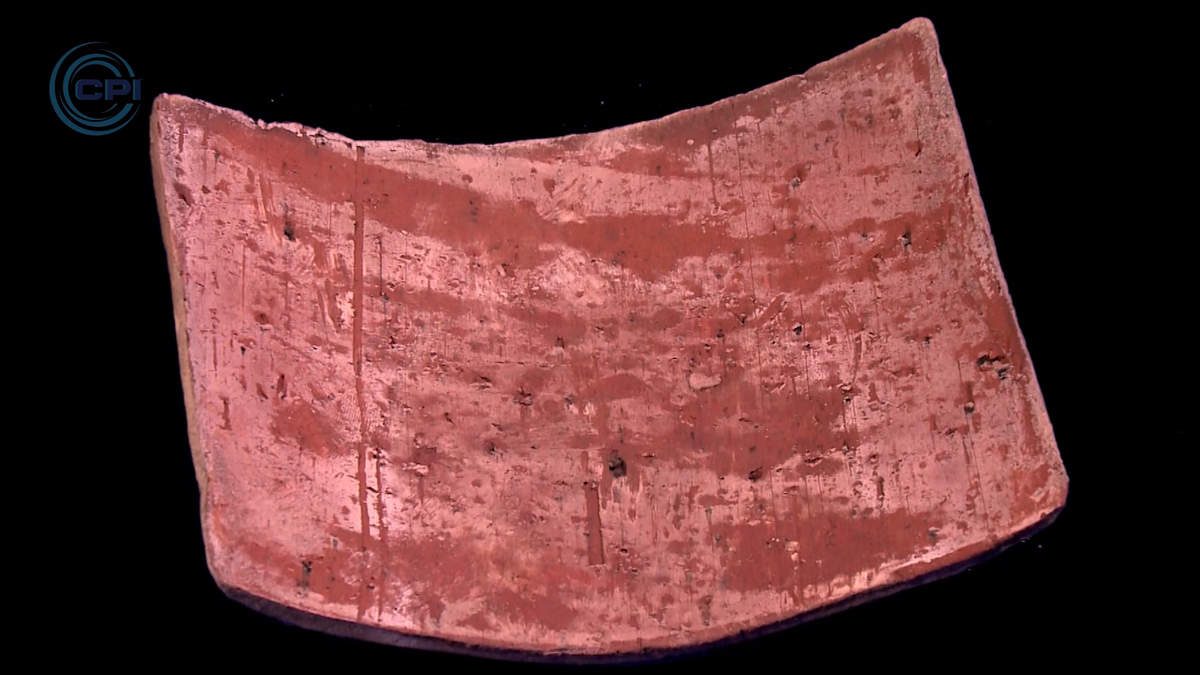

![[Photo] National Assembly Chairman works with leaders of Can Tho city, Hau Giang and Soc Trang provinces](https://vphoto.vietnam.vn/thumb/1200x675/vietnam/resource/IMAGE/2025/5/11/c40b0aead4bd43c8ba1f48d2de40720e)
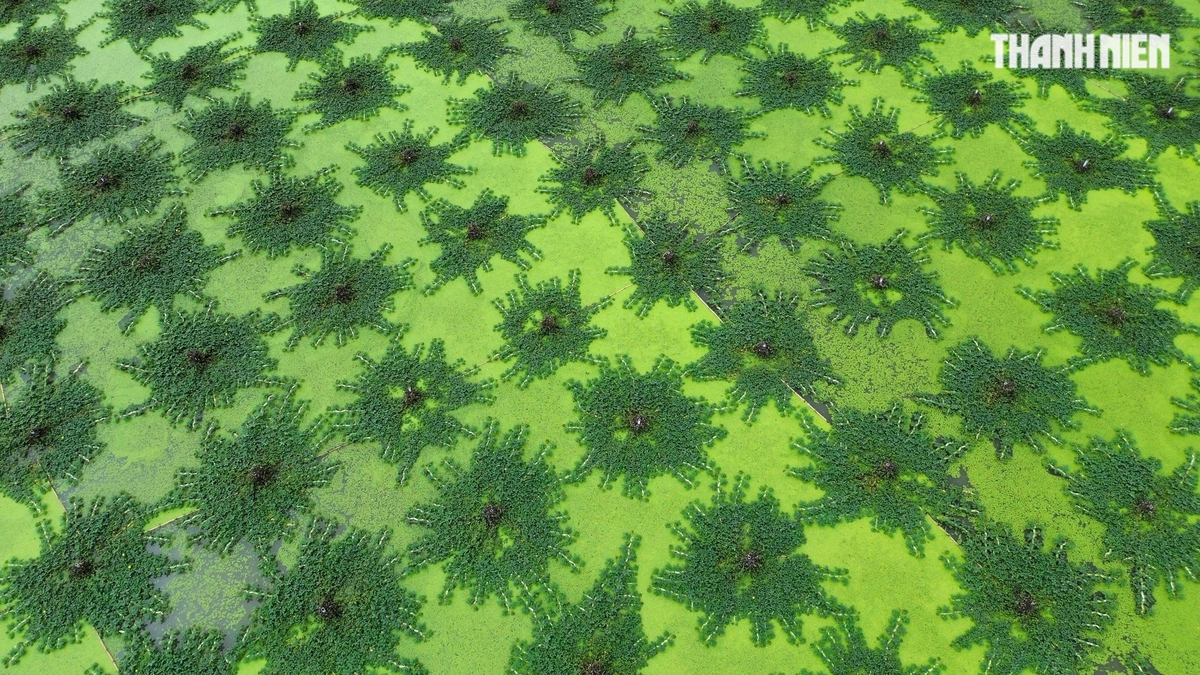
![[Photo] Prime Minister Pham Minh Chinh chairs the fourth meeting of the Steering Committee for Eliminating Temporary and Dilapidated Houses](https://vphoto.vietnam.vn/thumb/1200x675/vietnam/resource/IMAGE/2025/5/11/e64c18fd03984747ba213053c9bf5c5a)
![[Photo] The moment Harry Kane lifted the Bundesliga trophy for the first time](https://vphoto.vietnam.vn/thumb/1200x675/vietnam/resource/IMAGE/2025/5/11/68e4a433c079457b9e84dd4b9fa694fe)
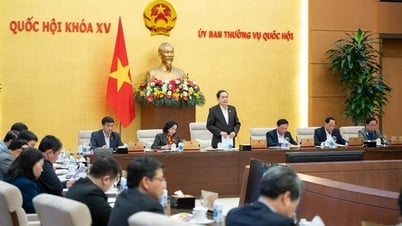

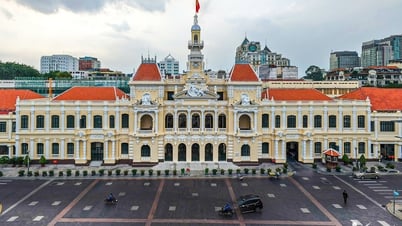

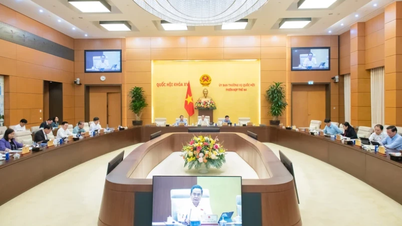
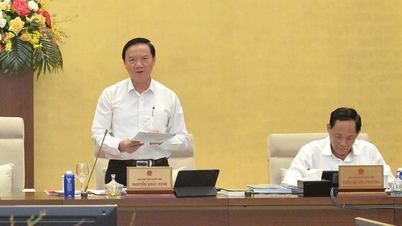

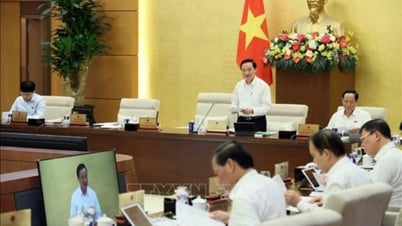


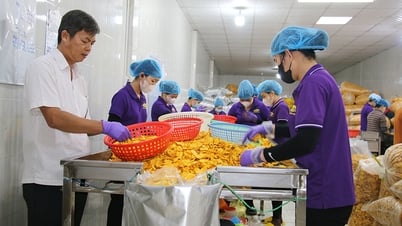

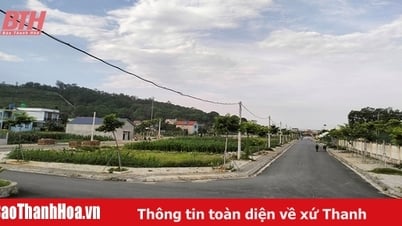

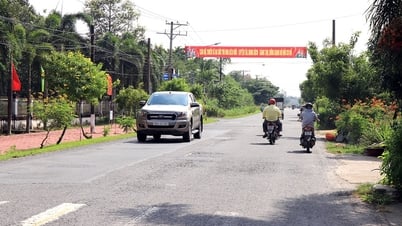





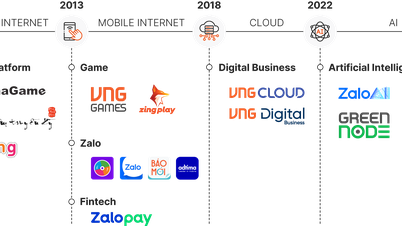


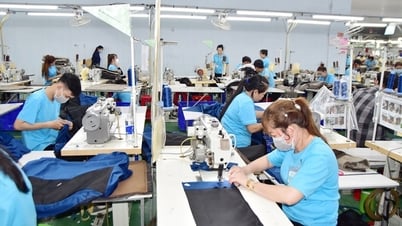
































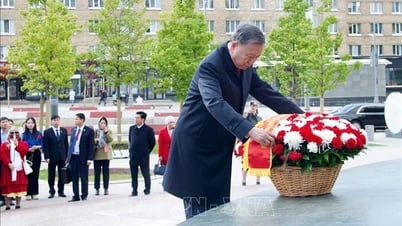

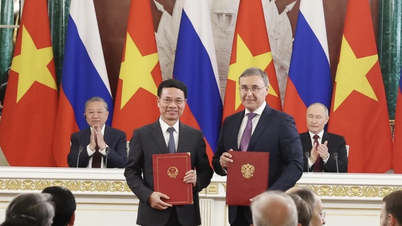

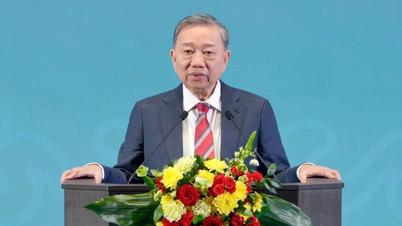











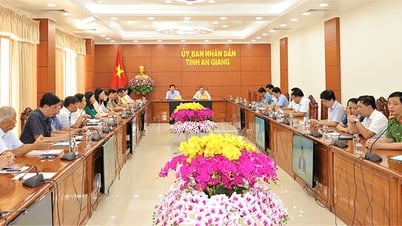






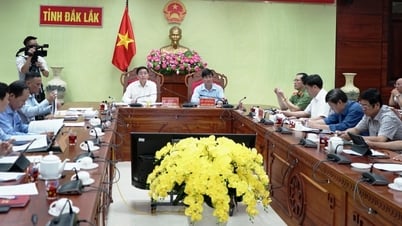











Comment (0)